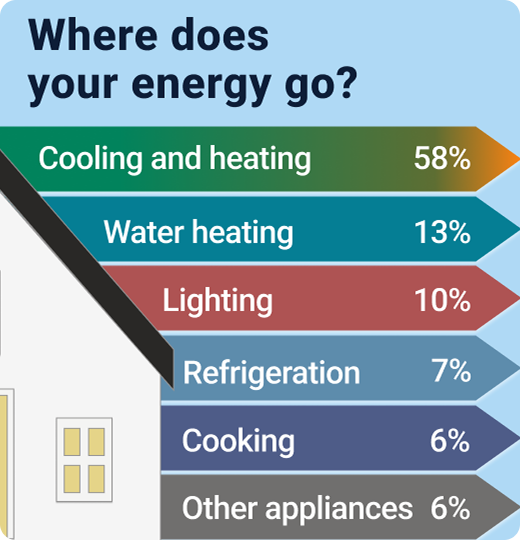Energy saving tips
-
-
-
-
Online Tools and Information
- Start a New Project
- Service Applications
-
Track an Existing Request
(no login needed) -
Pay an Invoice
(no login needed) - Construction Drawings Search
- Distribution Electric Material Specifications Search
- Electric Service Standards (Size 8.5 x 11)
- Electric Service Standards (Size 5.5 x 8.5)
- Gas Service Standards
-
Online Tools and Information
-
-
- Road Closures & Infrastructure Projects
-
Overall Safety
- Beware of Scammers
- Call 811 Before You Dig
- Carbon Monoxide Poisoning
- Copper Theft
- Emergency Preparation & Safety Tips
- Gas Pilot Lighting
- Generator Safety
- Holiday Home Safety
- Let's Prepare! (Winter Preparedness & Safety)
- Mylar Balloon & Kite Safety
- Natural Gas Safety
- Theft of Service
- Tree Trimming Safety
- Underground Transformer Box Safety
- Wildfire Safety & Mitigation
Electric or Gas Emergency?
Call 210-353-HELP (4357)
Billing or Service Questions?
Residential 210-353-2222
Business 210-353-3333
